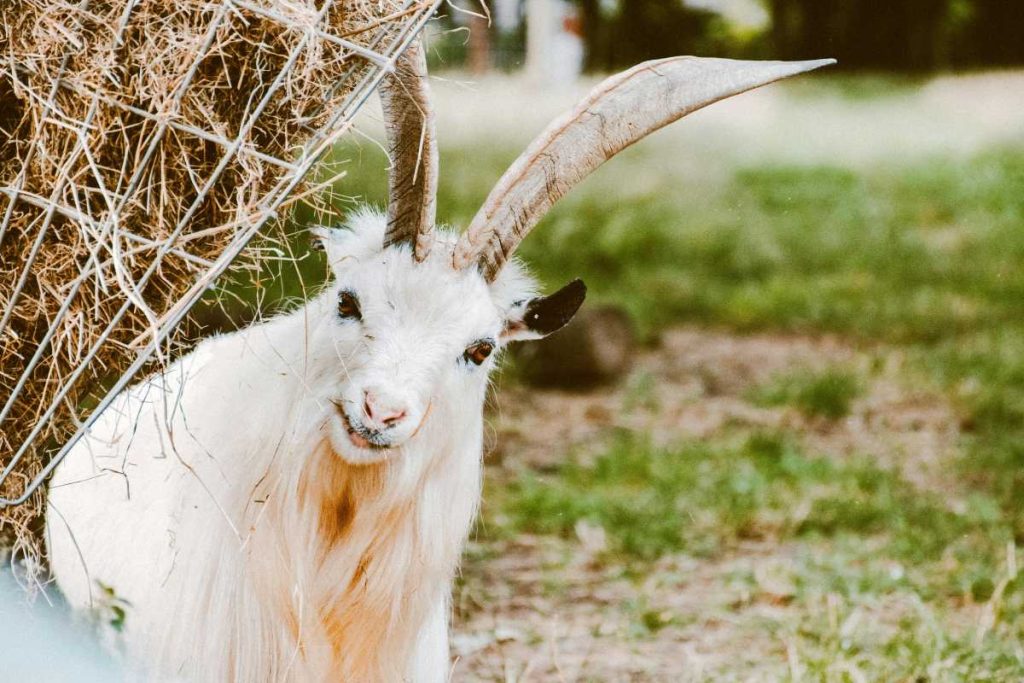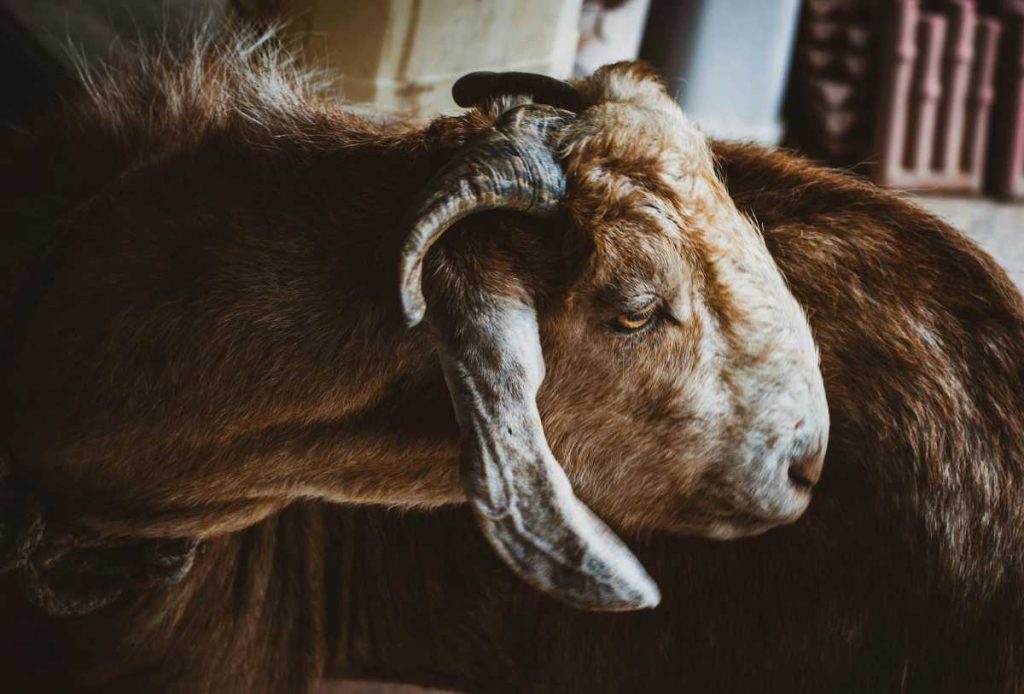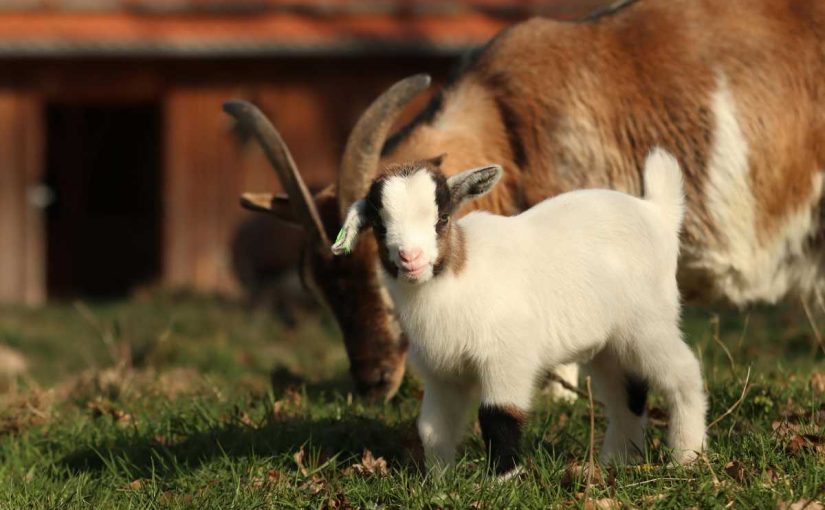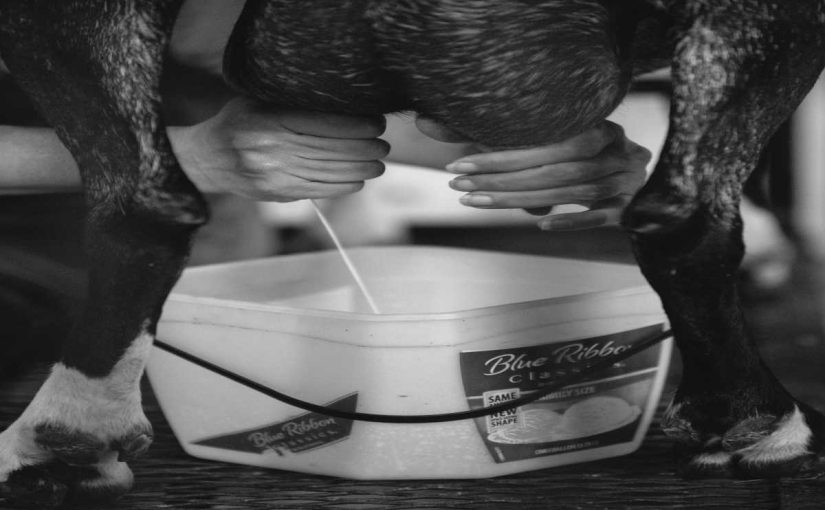Goats are hardy animals, but they can struggle in extremely hot weather, which can lead to stress, dehydration, and even heat-related illnesses. As a goat owner, it’s essential to understand how heat can affect your animals and what measures you can take to keep them comfortable and healthy during hot climates. In this blog, we’ll explore the top five heat prevention tips for goat care to ensure your herd thrives, even in the hottest conditions.
1. Provide Ample Shade and Shelter
One of the most effective ways to protect goats from extreme heat is by providing adequate shade and shelter. Goats are naturally curious creatures that enjoy exploring the outdoors, but without shelter, they can be exposed to harmful sun exposure. A shaded area helps regulate their body temperature by offering a cool refuge from the sun.
Ensure your goats have access to well-ventilated shelters that provide shade from both the direct sun and heat radiating from the ground. You can use trees, tarps, or purpose-built shelters to create shaded spaces. Ideally, the shelter should allow air to circulate freely to avoid the buildup of hot air inside.
It’s also important to avoid overcrowding in shaded areas. Ensure that there is enough space for each goat to comfortably move around and find a cool spot to rest.
2. Ensure Access to Fresh Water at All Times
Water is essential for keeping goats hydrated, especially during the hot months. Goats are particularly prone to dehydration, which can lead to serious health issues like kidney failure, heatstroke, or even death. During the summer, goats will drink more water to stay hydrated, so ensure that they have access to fresh, cool water at all times.
You should regularly check the water supply to ensure that it is clean and free from contaminants. If possible, provide multiple water sources in different areas of your property to prevent competition among goats. Adding ice cubes or chilled water can also help cool them down on extremely hot days.
In addition to drinking water, consider adding electrolytes to their water supply to replenish minerals lost through sweat and to support their hydration levels.

3. Groom Your Goats Regularly
Regular grooming can help goats manage the heat better by keeping their coats clean and preventing overheating. Goats, especially those with thick coats, can retain heat if their fur is matted or too long. Regular brushing removes dirt, debris, and excess hair, promoting better air circulation around the body and allowing goats to cool off more easily.
Shearing goats in the summer months can also be a good practice, especially for breeds with thick wool coats. This will help them stay cooler during the hottest part of the year. Be sure to do this carefully and avoid shearing too closely to prevent sunburn.
4. Adjust Their Feeding Schedule
Feeding goats during the hottest part of the day can contribute to heat stress, as digestion generates internal heat. To reduce this risk, adjust their feeding schedule by offering them their main meals either early in the morning or late in the evening when temperatures are cooler.
Additionally, avoid feeding goats heavy meals, especially high-grain or high-protein diets during the heat. These can increase metabolic heat production. Instead, offer them lighter, easily digestible foods like hay, and ensure they have access to fresh, leafy greens.
5. Monitor for Signs of Heat Stress
It’s essential to keep an eye on your goats during the hottest months to catch signs of heat stress early. Goats suffering from heat stress may exhibit behaviors such as panting, excessive salivation, reduced activity, and a reluctance to eat or drink. In severe cases, heat stress can lead to heatstroke, which is a medical emergency.
If you notice any signs of heat stress, move the affected goat to a cooler area with ample shade and water. You can also use a hose to spray cool water on them, but avoid cold water, as it can cause shock. In extreme cases, seek veterinary attention immediately.
Conclusion
Caring for goats in hot climates requires extra effort and attention to ensure they stay comfortable and healthy. By providing ample shade, ensuring access to fresh water, grooming regularly, adjusting feeding schedules, and monitoring for signs of heat stress, you can help your goats thrive even during the hottest months. With the right care and preparation, your goats will be able to manage the heat and continue to live happy, healthy lives.




